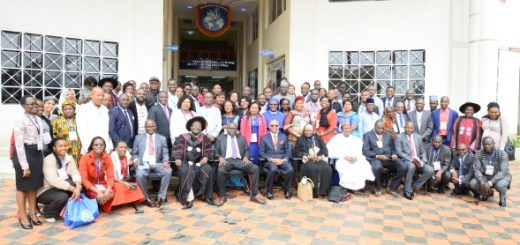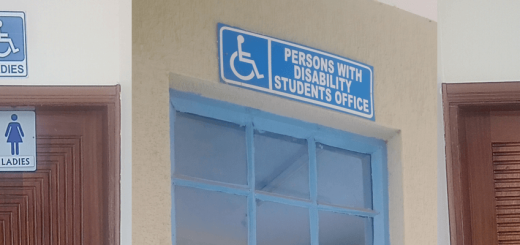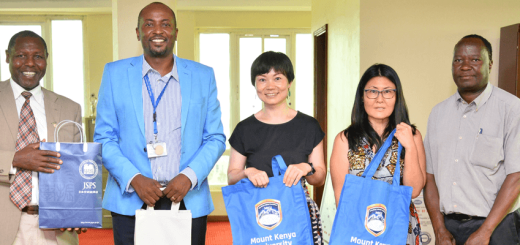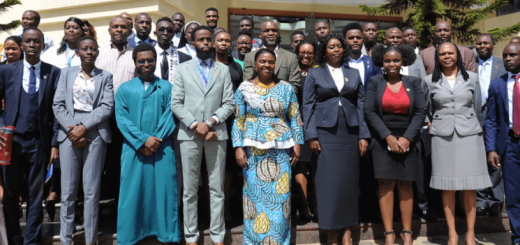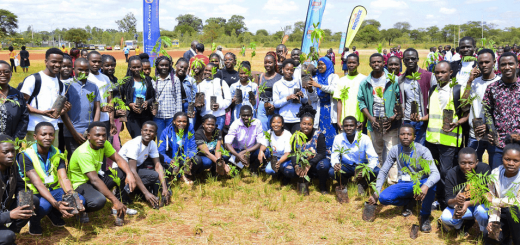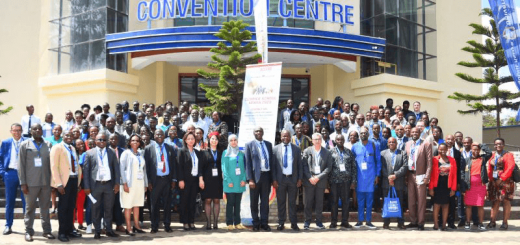MKU sets the pace for online learning in university education
Principal Open Distance and electronic Learning (ODeL) Dr. Merceline Kamande, says online learners have increased form 5,292 in 2018 to 15,874 in 2021.
“It is projected that the numbers will continue to rise with more people open to alternate approaches in education as opposed to a few years ago,” Dr. Kamande said.
Dr. Kamande was addressing Kenya Secondary Schools Heads Association (KESHA) annual conference for principals in Mombasa held on 18th-22nd April, 2022.
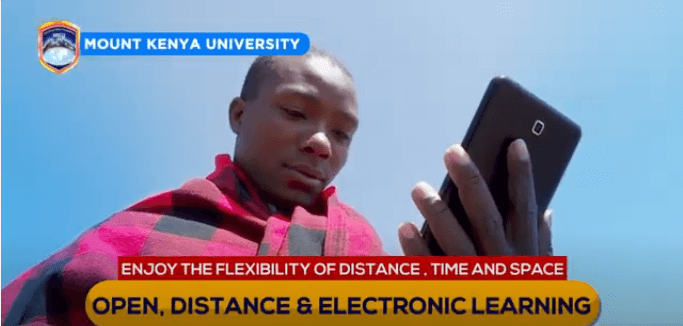
“The university embraced e-learning in 2010, the platform was first developed to host only two programmes. The current student population accessing education through the Open Distance electronic Learning (ODeL) are in excess of 15,000 in 65 degree programmes,” Dr. Kamande said.
The students are distributed throughout all MKU campuses as well as the Diaspora centres; Burundi, Rwanda, Uganda, and Hargesia (Somaliland).
Additionally, the ODeL directorate serves students in other parts of the world including South Sudan, Tanzania, Qatar, Canada and USA, among others.
“The students have a choice of study between the blended mode of study and a virtual mode of study based on their locality and convenience,” She added.
The Mount Kenya University ODeL directorate is the technology hub responsible for providing open distance and E-Learning university education. It coordinates virtual class to both on campus and off campus students and connects the university and its campuses hence helping the university in achieving its vision and mission.
According to Dr. Kamande, the Coronavirus pandemic had a huge impact on the education sector just like in all other sectors worldwide. However, when face-to-face teaching and learning was suspended by the government in line with WHO’s recommendations, MKU was among the few universities in the country that remained afloat by integrating their students to the online platform.
“By doing so, the university continued to offer uninterrupted teaching and learning services online. This ensured that students who were due for graduation were able to do so without delays,” she said.
Going forward, Dr. Kamande is pleading with the Kenya government to institute policies to actualize the one laptop per learner program.
She said a corresponding intervention to reduce internet costs would also play a major role to enhance online learning. “Online learning is very dependent on the internet, electricity and availability of ICT infrastructure. Students are expected to have access to a computer whose costs can be inhibitive.”
Meanwhile, the university has adopted the SAKAI e-Learning solutions for both learning and assessment. Adopting virtual labs for practical oriented programmes will also go along way in improving the knowledge base and employable skills for e-learners especially in the health and science courses.
Dr. Kamande says a student who successfully meets the requirements of a degree while studying online signals a very competent and skilled worker who has the potential to perform well in the job market.


